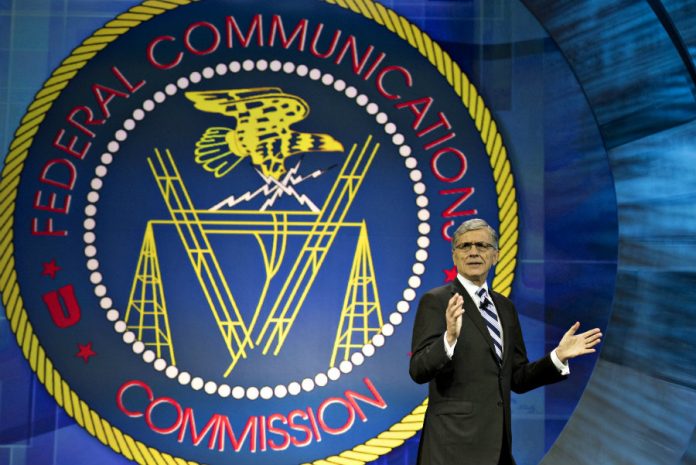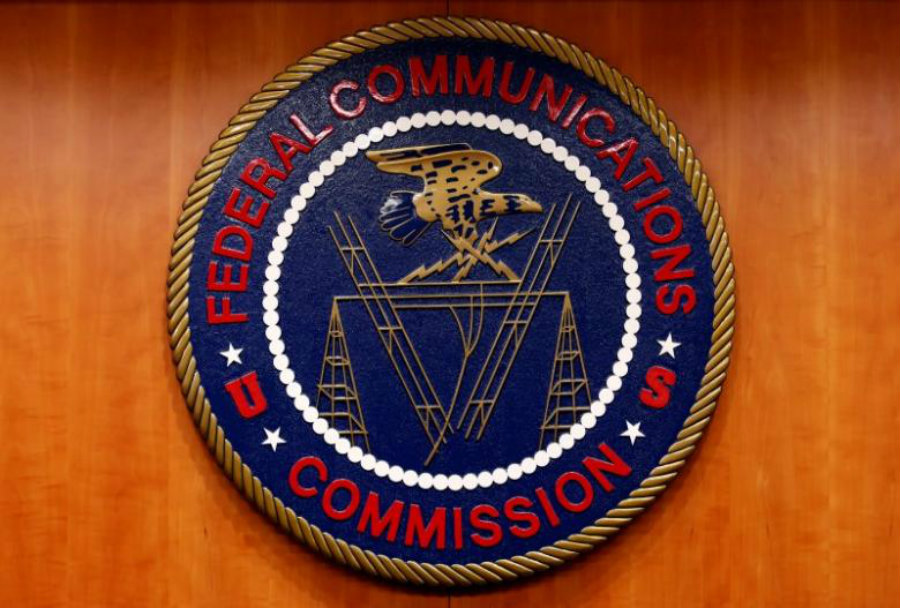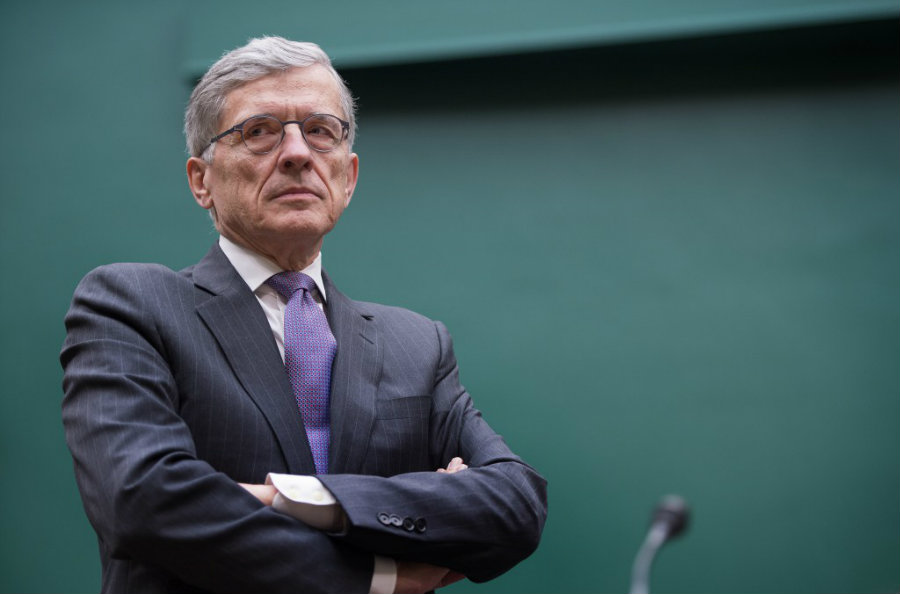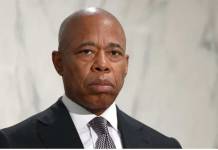
The Federal Communications Commission Chairman Tom Wheeler has revealed a new plan that could potentially change the TV industry for consumers and service providers alike. The proposal consists of free apps to rid users of the burden that is the set-top box.
The FCC Chairman revealed the details of the plan on a tell-all piece featured on the Los Angeles Times this Thursday, September 8. The government agency’s five commissioners will vote on the passing of the revolutionary bill near the end of the month on September 29.
The move by the FCC follows several progressive initiatives to modernize the telecom industry in all of its areas. Most recently, the Commission has been surprisingly open to new projects, even disposed to turn a blind eye on strict regulations so that developers can test new technologies.

This is the case of Google and its ISP venture Google Fiber, which recently received approval for wireless testing in several U.S. states after the FCC bypassed rules regarding the conservation of historic sites.
Wheeler and the FCC want to favor consumers with new plan
The man behind the revolutionary proposal Tom Wheeler explained several reasons for the drastic step forward. Wheeler stated that almost all of the pay-tv providers be them cable, satellite, or other, rent their set-top boxes to their subscribers for a total of $20 billion every year.
A survey conducted by the FCC showed that more than three-quarters of the consumers polled thought that their paid TV bill was higher than it should be. Wheeler argued that we live in a golden age of television and media and that consumers’ options should not be limited or overpriced.
Therefore, the Chairman has spearheaded an ongoing initiative by the FCC to modernize the TV industry and get rid of the set-top cable box once and for all. Previous attempts to do this included the CableCard venture, a streaming device that failed to catch on and ended the approach.

“If you want to watch Comcast’s content through your Apple TV or Roku, you can. If you want to watch DirectTV’s offerings through your Xbox, you can. If you want to pipe Verizon’s service directly to your smart TV, you can. And if you want to watch your current pay-TV package on your current set-top box, you can do that, too. The choice is yours,” said Wheeler.
TV providers are not happy with the proposed changes
Understandably, pay-tv providers are outraged by Mr. Wheeler’s plan. Cable powerhouses charge a set fee on their monthly bill to their subscribers, so all that revenue would be effectively gone if the new regulations pass.
The FCC framework would imply that major pay-TV providers have two years to comply with the new rules, while smaller companies would have a longer timeframe.
The primary concern from the industry’s point of view is that the FCC would require them to develop and offer official apps free of charge. Providers are also worried about copyright and exclusive licensing agreements, but the FCC has already stated that those would remain under their control.
Further arguing for the system shift, Wheeler claimed that its approval and enforcement would inspire changes for the better industry-wide, as providers would then be forced to innovate and compete in a new business environment.
A public meeting to vote on the game-changing plan will take place on September 29.
Source: Los Angeles Times











